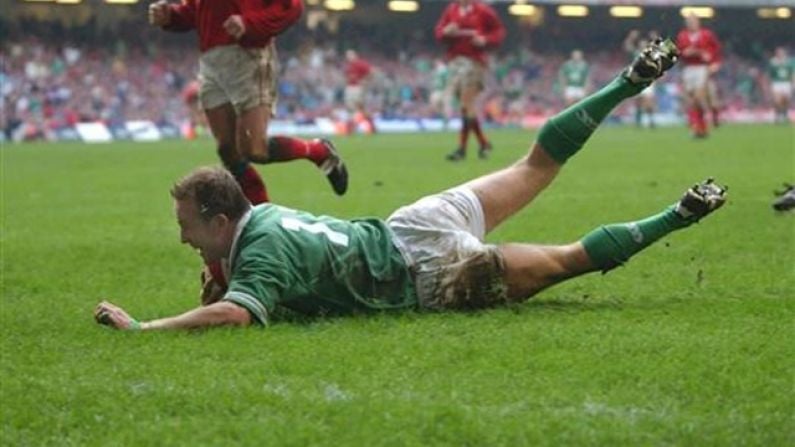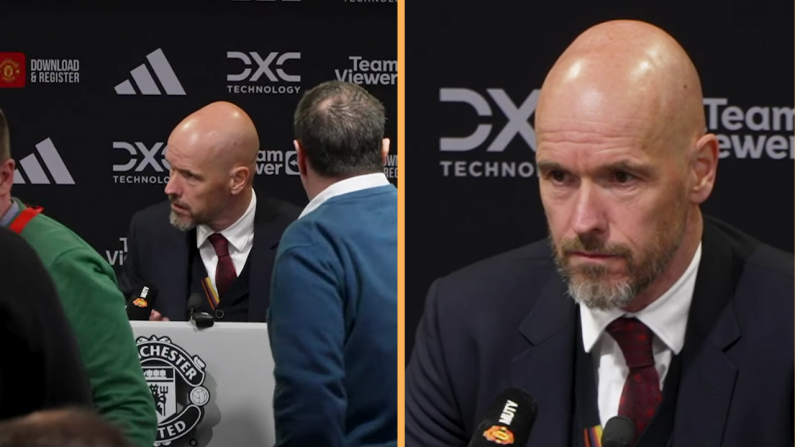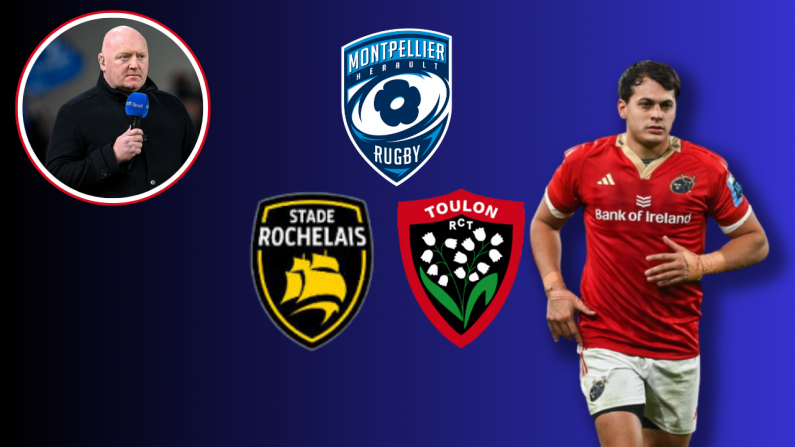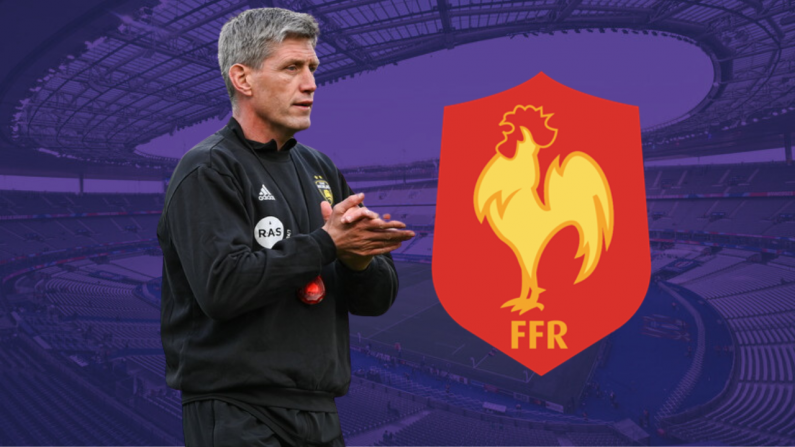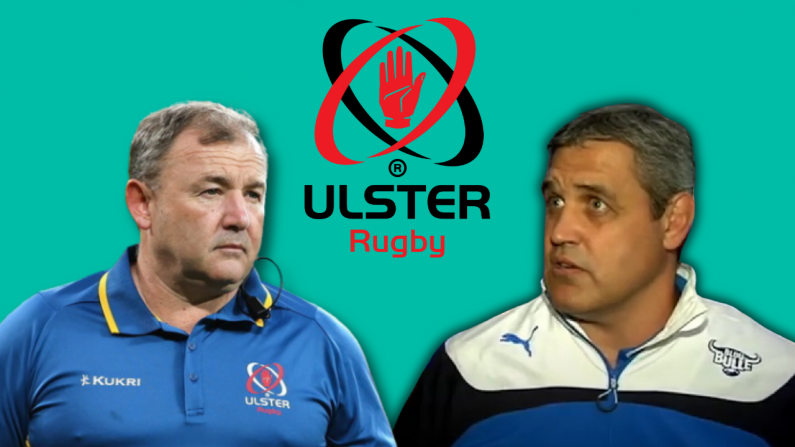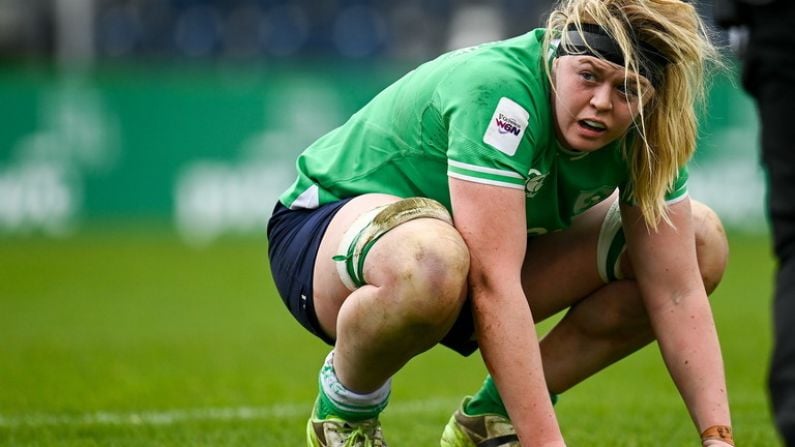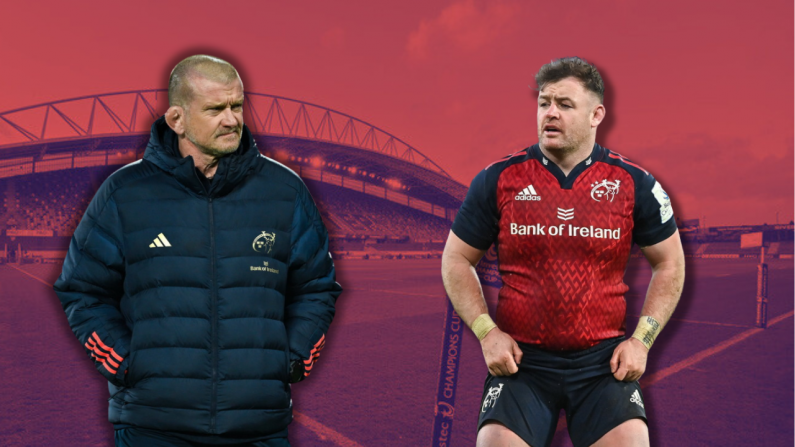[tps_header][/tps_header]
Ireland lost every international they played during the 1992 season.
They claimed one moral victory (a spectacular one it was too against New Zealand in Dunedin), shipped a few horrendous beatings (Paris, Twickenham, the second test in Auckland and at home to Australia in November) and lost disappointingly at home to Wales and Scotland - the second of which was marked by booing from the Lansdowne Road crowd.
Throw in the losses to Scotland and Australia in '91 World Cup and the two opening games in the 1993 Five Nations and Ireland had lost eleven internationals in a row.
But then they got to go to Cardiff.
For 20 years, no matter what shape they were in, Ireland never lost and nearly always won in Cardiff. Some of the poorest performing Irish sides in history have gone to Cardiff and won. Even Brian Ashton coached Ireland to a victory in Cardiff.
Between 1985 and 2013, Ireland have lost twice in the Welsh capital. That's eleven wins, two losses and one draw (1991). They even won away the year Wales played at Wembley. By contrast, since 1984, their record at home against Wales is only 8-8.
What's it all about?
What was it about that Cardiff air? Was it the food, was it the beds? What hotel did they stay in?
The Limerick Leader, proud as punch of the efforts of all the Munster boys, pronounced Mick Galwey the Man of the Match after the unexpected victory in 1993. It was Galwey's twelfth cap for Ireland and his first win over substantial opposition. Before that it had just been a win over Japan in the 1991 World Cup.
It was amazing. Particularly in the 90s, when we weren't as successful as we should have been, we were still able to depend on our win in Cardiff, we just didn't seem to be able to lose there.
There wasn't any pattern. It wasn't as if we were playing well going into the match and there was a change of direction. It was just one of these freak things. Every year we used go there and we wouldn't be favourites, like.
Ireland's run in Cardiff has contributed to the current dominant viewpoint - which presumably wasn't so dominant in the 1970s - that 'odd years' are much more fruitful for Ireland than are 'even years'. 'Even years' in the Five Nations in the 80s and 90s could have been subtitled 'Down and Out in Paris and London'.
Between 1974 and 1996, Ireland played twelve times in the torture chamber that the French liked to call the 'Parc des Princes' and lost every match. By the back end of the 1980s, even moral victories were out of reach. The contours of a moral victory had to be redefined. It no longer necessitated getting within an asses' roar of victory, as it did during the glory days.
During the height of it, Ireland went sixteen years without scoring a try in the accursed ground. And when they did break this streak it was thanks to Ed Morrison awarding a penalty try in a 45-10 defeat in 1996. As catharses go, it was piss poor.
Worst of all, the Welsh inability to beat Ireland in Cardiff didn't translate to Dublin where they won regularly in those years. Between 1984 and 2000, there was only two occasions when the home team won the Ireland-Wales game - 1990 and 1996.
We were taking hammerings in Twickenham and France and we couldn't win in Murrayfield for love nor money, and yet we could win in Cardiff.
Odd years weren't exactly parties either. Maybe one shouldn't give the Parc des Princes too much credit because Ireland were incapable of beating the chain-smoking monsters in blue anywhere.
Then there was the almost indefensible record in Murrayfield - Ireland lost nine in a row there between 1987 and 2001, a sequence which includes the 24-15 loss in the 1991 Rugby World Cup.
But then the Scots were a nifty outfit in the 90s invariably coached by either McGeechan or Telfer with the other acting as the other's backs/forwards coach. In many ways Ireland simply traded places with Scotland in the new millennium, with Scotland simply adopting Ireland's former role.
But that brings us on to a key reason as to why Ireland enjoyed such success in Cardiff in the 90s, one which can't be ignored. And perhaps the biggest reason is an obvious one.
Quite simply, Wales were pretty shite too in the late 80s and 1990s.
It does not fully explain quite why Ireland's away record against Wales was so much better than their home one, but it is nonetheless indispensable to explaining the whole phenomenon.
While Welsh rugby fans have an admirable/annoying ability not to dwell on their down periods, they too were mired in the doldrums in the last days of the amateur era.
It was said that the working class roots of Welsh rugby made it especially vulnerable to the lure of Rugby League. Being paid to play League was a much more attractive proposition if you were working down a mine than if you were working in finance.
After winning the Triple Crown in 1988, Wales lost their absurdly gifted fly-half Jonathan Davies who went on to play at the highest level in League. Other important players such as Scott Gibbs drifted towards the League game for a few years in the early 90s.
1989 is one of the most famous wins of the entire run. It is remembered in Wales principally because Ulster centre David Irwin knocked the ball on in the lead-up to Paul Dean's winning try. It was still remarkably fresh in the minds of Welsh rugby fans as late as 2011, with many taking to internet forums to suggest that Mike Phillips controversial winning try of that year was karma at work.
In Ireland, meanwhile, the fact that Dean scored a try at all is completely forgotten. The afternoon is solely remembered for Noel Mannion's incredible solo try. BBC's secondary commentator Nigel Starmer Smith dubbed it one of the great No.8 runs of all time and Mannion didn't bother concealing how knackered he was after scoring.
Mannion, who also played in the home win over Wales in 1990, reckons the relative weakness of the Welsh side in that era has to be thrown into the discussion.
They didn't have the strongest team in that period, 85-91 I'd say, it wouldn't have been their strongest side and that might be part of the reason. Not that Ireland had their strongest side either. We had a reasonable side (from 1985-1991) but I suppose it was just two teams slogging it out.
THE WELSH MENTALITY
Ireland's modern record in Cardiff, which is extraordinary by any standards, barely seems to register in Wales.
Despite it all, the Welsh retain a blithe expectation, inherited from history, that they should have too much for Ireland regardless of what shape either team is in. A documentary on the decline of Welsh rugby produced in 2003, casually referred to Wales' shock 36-6 defeat at home to Ireland in 2001 - surely the first time a fifth successive home defeat to the same opposition had been classified as a 'shock'.
Before the 1999 Five Nations clash, Neil Francis used his pre-match recorded segment on RTE to bemoan Wales' mystifyingly resilient superiority complex which seemed capable of surviving any number of Ireland victories on their home patch.
Naturally, Ireland went onto win the match that day.
The Western Mail's Andy Howell is disinclined to dwell overly much on Ireland's record in Cardiff. He acknowledges that Ireland have had a few good wins in Cardiff over the years but is quick to remind you of the 2011 Six Nations victory and the fact that Wales 'smashed' Ireland in the 2011 World Cup.
While keen to say he'd prefer to see Ireland win over England any day, he is fairly confident the Welsh will have too much for Ireland this year.
Denis Hickie scored a try on his debut in Cardiff in 1997 and played five times in the Welsh capital. Wales fell back into the mire during Hickie's peak years in the early 2000s and there was little mystery surrounding Ireland's success there in those years. He was on the winning side four times, though he was also there that day Wales ended the hoodoo in their Grand Slam year of 2005.
Wales are always incredibly confident playing Ireland and they always have been and they probably always will be... I think in any of those games Ireland won in Cardiff, I don't think at any stage Wales went into a game other than confident they could win the game. Very different mindset. There's very different national mindsets in these countries. That's what makes the Six Nations interesting.
PAST PERFORMANCE IS NO GUARANTEE...
The fact that Ireland won 19-13 against Wales in 1989 is of limited relevance heading into this Saturday's fixture.
Hickie allows that history may provide a slight 'fillip' heading into games but cautions that it can just as easily 'add to the pressure' on the team on the right side of history.
As for the record itself there is no logical explanation for it other than both sides were struggling in the late 80s and for the whole of the 1990s and the away team, possibly escaping the pressures of their home crowd, were inspired to take victory more often than not.
1985: Wales 9 - 21 Ireland ; 1987 : Wales 11 - 15 Ireland ; 1989 : Wales 13 - 19 Ireland ; 1991 : Wales 21 - 21 Ireland ; 1993 : Wales 14 - 19 Ireland ; 1995 : Wales 12 - 16 Ireland ; 1997 : Wales 25 - 26 Ireland ; 1999 : Wales 23 - 29 Ireland ; 2001 : Wales 6 - 36 Ireland ; 2003 Wales 24 - 25 Ireland ; 2005 : Wales 32 - 20 Ireland ; 2007 : Wales 9 - 19 Ireland ; 2009: Wales 15 - 17 Ireland : Wales 19 - 13 Ireland ; 2013 : Wales 22 - 30 Ireland

